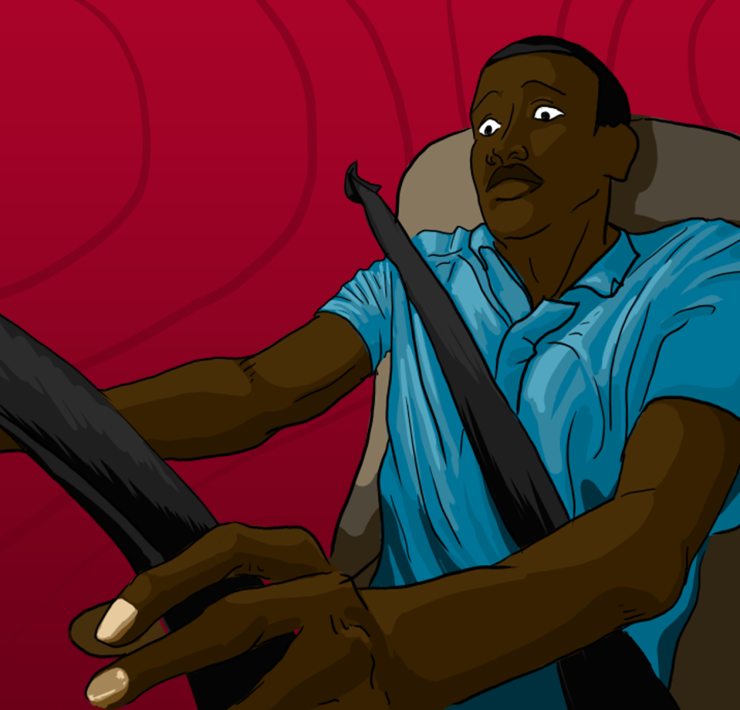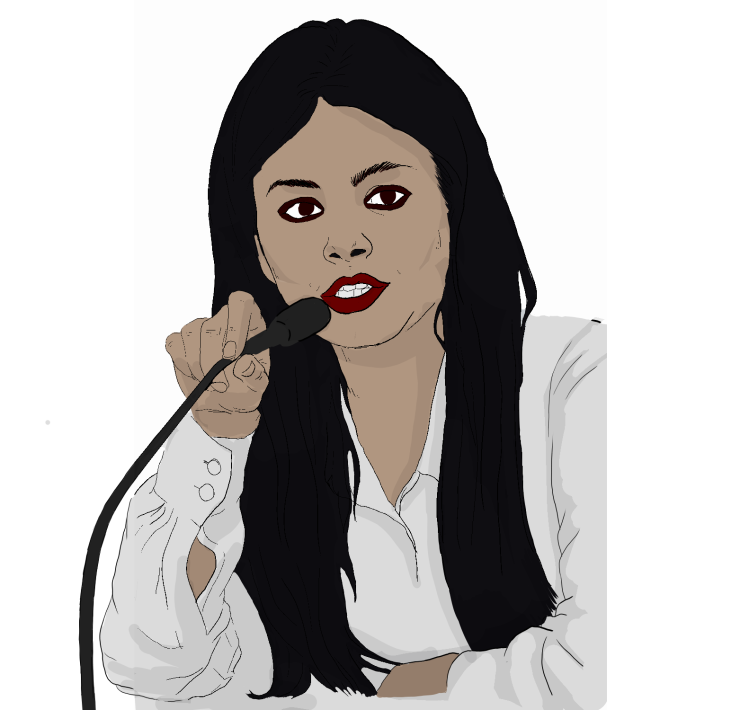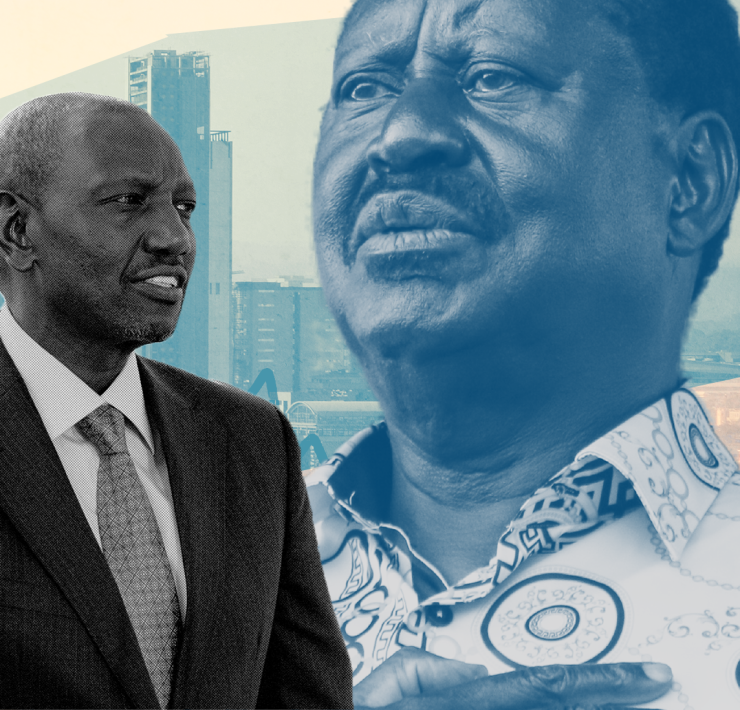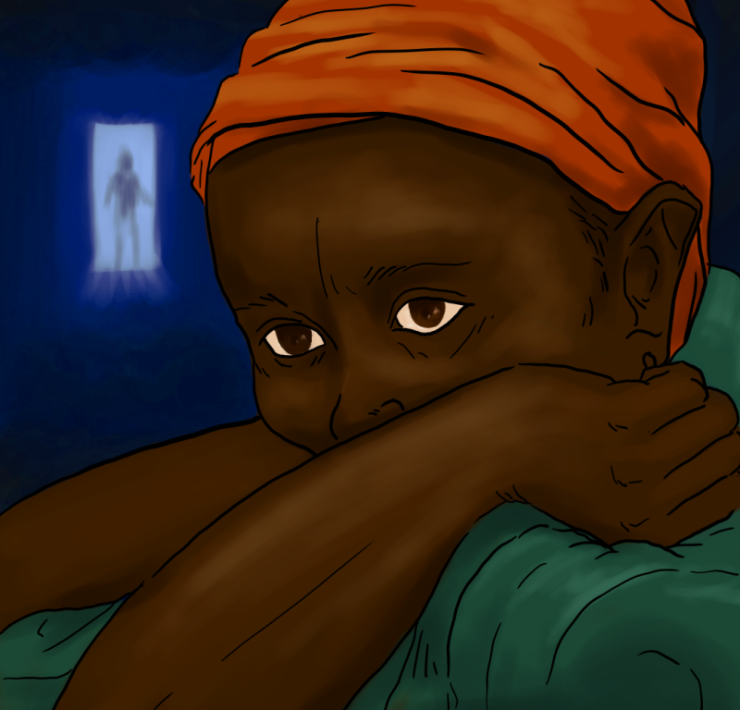Our history shows that mass action works where there is a generalised belief that the target is engaging in manifest political and economic exclusion of the masses per se. This is extensively analysed in Musambayi Katumanga’s paper on the foremost mass action movement of the 1990s the National Convention Executive Council. In summary, we as a people employed mass action against a colonial master, pre-independence. Post-independence we engaged in mass action to end the imperial presidency and single party domination, and later to amend the Constitution to its present form. In all these cases exclusion was a factor. Not so today.
The Raila Odinga led Azimio coalition is not excluded from government, it has 167 MPs, 20 Senators, and 23 County Governors. It is constitutionally excluded from the Executive having lost the presidential election by just 233,211 votes, I hasten to add. But Azimio cannot claim to be the sole representative of any excluded part, or even the whole mass of Kenyan citizens.
Our current situation also sees a more fractured mass in terms of where they stand on the issues I see Azimio raising in justification of their planned mobilization.
Certainly, there is potential traction in the economic conditions obtaining in Kenya today. It is true that we are enduring a high cost of living and daily inflation challenges. But is there a generalised belief that this is President Ruto’s fault? Odinga’s camp are convinced, group think at play here, that this is Ruto’s baby to carry. I say they are forgetting that memories are fresh with doubts about the probity of the policy decisions made by Raila Odinga’s ally, Uhuru Kenyatta, as recently as August last year which clearly demonstrates who bears responsibility for Kenya’s current situation.
Take the high levels of dollarised debt, with massive repayments falling due henceforth, triggering an actual shortage of dollars for example. The causes of our economic predicament pre-date the Kenya Kwanza government’s six-month tenure therefore Azimio’s economic charges are not tenable to reasonable minds, who would very likely have taken note of the wider societal solutions implied by the economic experiments currently being undertaken by President Ruto’s Council of Economic Advisors.
Also to be considered is the economic impact of mass action. Typically, disorder on the streets manifests in depressed business activity. When there is fear of violence the timid stay at home, and so does their money. Employers will not meet payroll within days. The irony is that Raila Odinga’s tactics are guaranteed to make things worse for the people in whose name he claims to act. This is why I question whether he is acting for the benefit of the people.
Many are fond of citing Article 1(2) of the Constitution which states that “The people may exercise their sovereign power either directly or through their democratically elected representatives.” This means they say that the people can recall power. They ignore the very first Article 1(1) which makes plain that even the sovereign power of the people “shall be exercised only in accordance with [the] Constitution.” There is no generalised right for a self-selected section of the people to usurp the sovereign power by claiming constitutional authorization , and certainly it is not a legitimate use of the sovereign power to seek to overturn what has already been constitutionally decided through an election, and a well-regarded decision of all the Judges of the Supreme Court of Kenya.
To digress slightly, Odinga’s latest claim that the IEBC servers contain evidence of his victory at the last presidential election is of course falsified by the reports of all election observer groups, the judgment of the Supreme Court in the petition he filed, and independent analyses which have debunked each and every one of Odinga’s past claims including alleged whistleblower evidence in support of his notional right to the Presidency. Indeed there is substantial evidence that his side engaged in attempts to use state power and technology to gain an unfair, and illegal, advantage at last year’s polls. I have argued before that these should be the subject of a judicial commission of inquiry. Some serious stuff went down and we will be foolish to let it slide for political convenience or social peace.
To assume, as some Azimio leaders appear to, that their rally attendees are the sole holders of the sovereign power is madness. It is arrogant and unjustifiable in a reasonably democratic society. They have no valid reason for resorting to Article 1(2) in any case. They must not forget the eight million who did not vote for them, or for Ruto for that matter.
If history teaches us anything it is that street-level provocation and confrontation will faithfully yield counteractions by other politicians and often disproportionate responses from the law and order institutions. Only a callous leadership would fail to appreciate that in every clash on the streets, there is a real risk of an atrocity. Even though one can take political advantage of an atrocity, only the bloodthirsty would pray for one. Such people do actually exist. In the 2017-2018 anti-IEBC protests, there were many people online, anonymously cheer leading others to injury and death. Is 2023 any different?
Cannon fodder begets martyrs for suspect causes. Thus even discreditable mass actions like the 2021 storming of the US Capitol and the 2023 attack on Brasilia resulted in claimed martyrdom for the misguided and mis-led who attacked public facilities and were surprised that the guards used force to defend the same. They had been told that they had full support of the legitimate President in both cases.
So at the end of the day it is my opinion that Odinga’s mass action calls are unjustified and should not be supported by any people whose mind is not already made up.
But as sure as the sun will rise on the 20th of March 2023, there will be some commotion or other in Nairobi, unless Raila Odinga obtains a climb-down option. In 2018, this was the handshake, a mysterious personal deal between him and Uhuru Kenyatta codified in a hard to find memorandum of understanding.
Will William Ruto and Raila Odinga shake hands? I do not know, but my gut says this would be a bad thing for Kenya. It would legitimise the abuse of the technique of brinkmanship in our governance structure and embolden those who see Kenya as a country where a tiny elite can use the masses as pawns in chess games for private stakes.
Author
-
Mwalimu Mati is a Kenyan lawyer and governance consultant with over 25 years of work experience in the fields of economic governance, anti-corruption, research, advocacy and publication. Mati was the Chief Executive Officer of Mars Group Kenya, one of Kenya’s leading anti-corruption and fiscal transparency watchdogs, as well as publisher of www.marsgroupkenya.org, in its time Kenya’s largest governance web portal which specialised in anti-corruption and financial analysis. Previously, Mati was Executive Director of Transparency International (2006-2007), before which role he served the same organization as Deputy Executive Director (2002-2006). Mati cut his teeth in the 90s working as Programme Officer at the Public Law Institute, where he worked for close to a decade. Driven by his life-mission which is to empower citizens to demand accountability by sharing knowledge, Mati has been at the forefront in the provision of information resources of all forms and shapes to the public as he seeks to promote transparency in public and corporate sectors. Mati consults for Kenyan and international corporations and development agencies in strategy development, programme review and analysis, due diligence background checks and his specialist field of governance and anti-corruption. Mati is widely published locally and internationally, and has led in the writing and publication of some of Kenya’s most ground breaking governance and anti-corruption reports
Mwalimu Mati is a Kenyan lawyer and governance consultant with over 25 years of work experience in the fields of economic governance, anti-corruption, research, advocacy and publication. Mati was the Chief Executive Officer of Mars Group Kenya, one of Kenya’s leading anti-corruption and fiscal transparency watchdogs, as well as publisher of www.marsgroupkenya.org, in its time Kenya’s largest governance web portal which specialised in anti-corruption and financial analysis. Previously, Mati was Executive Director of Transparency International (2006-2007), before which role he served the same organization as Deputy Executive Director (2002-2006). Mati cut his teeth in the 90s working as Programme Officer at the Public Law Institute, where he worked for close to a decade. Driven by his life-mission which is to empower citizens to demand accountability by sharing knowledge, Mati has been at the forefront in the provision of information resources of all forms and shapes to the public as he seeks to promote transparency in public and corporate sectors. Mati consults for Kenyan and international corporations and development agencies in strategy development, programme review and analysis, due diligence background checks and his specialist field of governance and anti-corruption. Mati is widely published locally and internationally, and has led in the writing and publication of some of Kenya’s most ground breaking governance and anti-corruption reports







